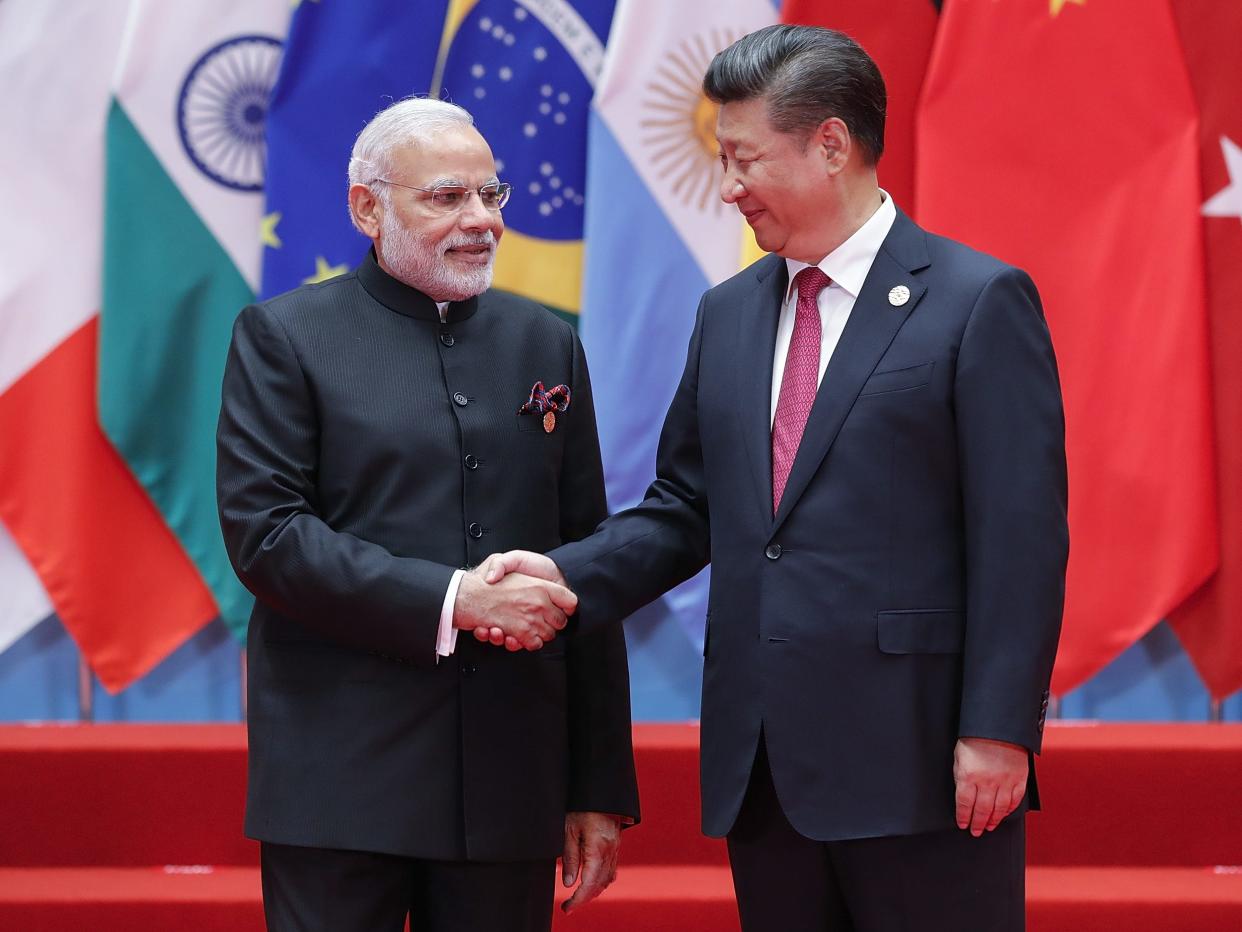India wants to be the new China. Modi's shock election result shows it won't be easy.

India wants to unseat China as the new factory of the world.
Modi is set to stay in power for another five years, but the results of the election are going to make it harder to beat China.
However, analysts remain optimistic about the country's long-term growth.
India's economy is on a roll, chalking up 8.2% GDP growth in the last fiscal year and a boom in foreign investments.
The growth is in part thanks to a shift in supply chains and investment flows as companies try to stop relying solely on China.
This has boosted Indian Prime Minister Narendra Modi's appeal, sending him to a historic third term as the country's prime minister in the country's general election.
But Modi's win this time around also comes with a huge loss.
While Modi is still hugely popular in India, his party — Bharatiya Janata Party, or BJP — lost its majority in Parliament, reflecting resentment among voters amid rising inequality.
"The problem is most Indians have not adequately participated in the fruits of an economy with gaudy headline numbers," wrote Atman Trivedi, a senior fellow with the Atlantic Council's South Asia Center in a Tuesday note. "Growth is unequal, and jobs are few and far between."
India's unemployment rate rose to 8.1% in April from 7.4% in March, according to the Centre for Monitoring Indian Economy, a private think tank. The country has a longstanding brain drain issue.
India wants to unseat China as the factory of the world
BJP's likely loss of its majority is a testament to India's political system — but it will also make the dream of becoming the next China harder to achieve.
Decision-making and policy changes in the world's largest democracy, after all, can take far longer than they do in Communist China — a one-party state.
"Coalition governments require compromises. That reality could complicate any plans for ambitious structural reforms on land, labor, or opening India's markets to unfinished and intermediate inputs," wrote the Atlantic Council's Trivedi, who is also a partner at Albright Stonebridge Group.
India's stock markets tanked on the shock election results, with the benchmark Sensex index crashing over 5% in one day on Tuesday following the news. It rebounded on Wednesday.
Despite the knee-jerk reaction, most analysts are optimistic about India's economic outlook given that Modi is still in charge.
"Modi's broader economic reform agenda is likely to remain intact. And so, fears of India's key economic reforms unraveling are overdone," wrote Vishnu Varathan, the chief economist of Asia excluding Japan at Mizuho Bank.
India needs to get rich before it gets old
But India has a longer-term problem: aging.
India is the world's most populous country. With a 1.4 billion population, it has a huge pool of young people; 65% of its population is under the age of 35.
But aging is "rapidly progressing," according to the United Nations Population Fund. By 2050, one in every five persons in India will be 60 years old or above, the fund wrote in a report last year.
So, even though India has grown rapidly in recent years, it will need to grow much faster to get rich before it gets old, Raghuram Rajan, a professor at the University of Chicago Booth School of Business, told NPR's "Planet Money" in a podcast.
It's not enough to power up India's manufacturing sector in the wake of China's breakneck growth — because so many other countries are doing the same thing, added Rajan, who is a former head of the Central Bank of India and a former chief economist of the International Monetary Fund.
He said India will do better to capitalize on its services industry, especially since so many Indians are English speakers.
Despite its challenges, India is still expected to post healthy growth in the near future. The IMF forecasts India's economy will grow by 6.8% this fiscal year and 6.5% next fiscal year.
Read the original article on Business Insider

